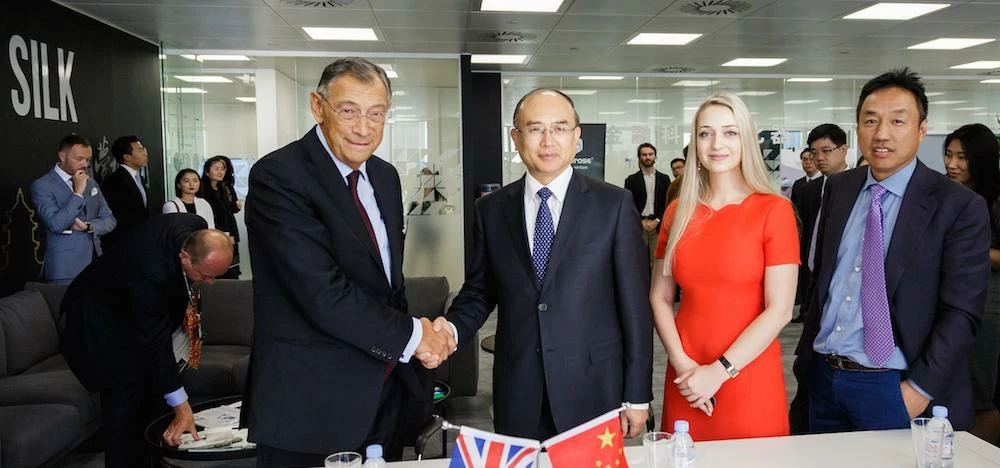Every VC wants to emphasise their close relationship with founders — we do it too! — but as a former first employee of a startup who’s now in the VC business, it worries me that investors put most if not all their eggs in evaluating and supporting founders. In reality, a startup’s first hires are similarly key in whether a startup makes it — or fails.
Early hires are often in the trenches scaling a sales function, opening a new market or building a user acquisition strategy. So to truly help their investments scale, VCs need to put more focus on supporting early hires. Here are a few pointers on how to get the ball rolling.
Is someone actually behind the wheel?
Quick reality check — is anyone in your fund actually in charge of early hire relationships? Like with any other function, if you don’t assign resources to the task at hand nothing will really be accomplished. For a small firm with no community or platform manager on board yet, it can be difficult to find the bandwidth to manage early hire relationships.
Until a more specific person is appointed for the role, these relationships can exist in a Slack or a WhatsApp group, but I cannot highlight enough the importance of having a designated person to support the nascent team.
For the early hires, the VC fund itself can feel very distant — merely a name you fleetingly spot on a board memo
At Backed.vc the team has bookable coaching slots which they offer to the senior leadership team at portfolio companies. They also have a buddy programme for senior leaders: they connect the heads of functions across the portfolio with each other in a mentor-mentee set up.
Germany’s Cherry Ventures says that "being founder-first often means putting their teams first". Its talent team’s job often includes mentoring companies’ early talent and people hires. They’ve also held networking sessions for various function leads to let them help each other.
Go function-specific
One of the best ways to create a supportive environment and build a relationship between investors and early hires is through function-specific peer groups —– be they for early marketing efforts or product hires. This not only creates a network across your whole portfolio but also connects the hires with the relevant contact from the VC fund.
These don’t have to be large productions — you can embrace the remote work era and start with something as simple as a Zoom gathering. For example, Maki’s portfolio CMOs get together once every month to talk about SEO, PR and user acquisition. Not only is this a great opportunity for employees to share learnings across their domain, but it can also be a good place for them to get peer support (i.e. vent!) with people who speak their language.
A VC cliché: don't play hard to get
For the early hires, the VC fund itself can feel very distant — merely a name you fleetingly spot on a board memo or all-team email. Even if the founders have their investors on speed dial, it doesn’t mean that these communication channels are as open throughout (proven again and again by the overused team building game Telephone).
Opt for low-threshold channels to start the discussion — be they regular meetings or, at minimum, a shared Slack channel or WhatsApp group.
Invite — don’t just accommodate — early hires in board meetings
Board meetings shouldn’t be exclusive for founders and investors — especially when dealing with topics that fall under early hires’ direct ownership (which we know are some of the most critical business functions).
We know that not all founders have the expertise nor the resources to put towards recruitment
Before you congratulate yourself on the account of your portfolio company’s chief financial officer already having a seat at the table, remember that they almost always do. But when have you last seen the chief technology officer, chief marketing officer, chief operating officer or chief product officer at a board meeting, let alone invited them yourself? Do you know and understand their biggest bottlenecks and growth pains?
If you are really committed to systematically opening up board meetings to early hires, don’t stop after making the calendar invitation and agenda public. Take that step further to proactively reach out and invite them to participate and openly voice their opinions.
Start building the relationship from the hiring process
For an early venture, putting together the right team to move the business forward is everything — and we know that not all founders have the expertise nor the resources to put towards recruitment. This is an excellent opportunity for a VC to lend a helping hand, and get the rare shot at cultivating a close relationship with early hires from the moment you scout them (or they, you). This could be as straightforward as having a clear conversation with the founder about the role in question and then putting your network to use.


